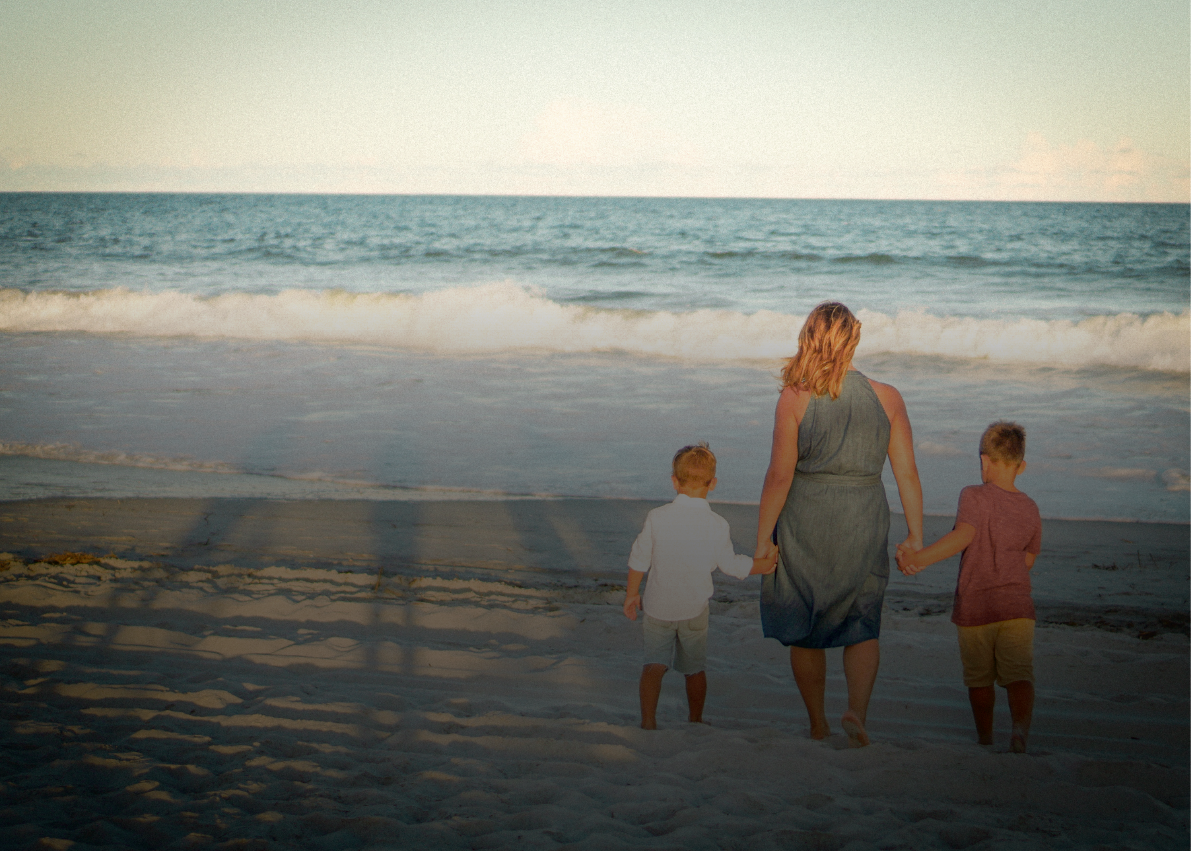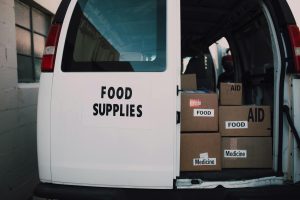Submission to the inquiry for options for survivors of institutional child sexual abuse in Western Australia who are seeking justice
Our key recommendation is that the WA Government should commit to all victim survivors of recent or historical child sexual abuse that they will receive timely and adequate support if, and when they report abuse and seek help.
This submission was compiled by the Western Australian Council of Social Service on behalf of not-for-profit services in Western Australia who are delivering Child Sexual Abuse Therapeutic Services and Indigenous Healing Services (CSATS & IHS) funded by the WA Government, Department of Communities. It primarily addresses item 3 of the terms of reference.
This includes advice and support to ensure they are safe from future harm, counselling for as long as necessary to resolve the trauma associated with physical, sexual and psychological abuse, as well as advice and assistance to navigate the legal and social service systems to seek justice and achieve healing.
Our purpose must be to secure the best possible outcomes for the victims of child sexual abuse, including children and young people who are the victims of abuse, as well as adult victims of past childhood abuse who come forward seeking help and justice.
The best interest of those who have suffered abuse must be our first priority. This means that it is critical anyone who is encouraged to come forward to report abuse, whether historic, recent or ongoing, should have quick and effective access to the support and advice they need – to keep them safe, and assist them to deal with the trauma of child sexual abuse.
As providers of frontline counselling services for the victims of child sexual abuse, we are aware of the profound impact of that abuse on the health and wellbeing of children and young people. It’s impact on healthy development, psychological wellbeing and personal relationships throughout the life course. We know that timely support can be critical in minimising harm, reducing trauma and helping prevent or reduce the development of long-term mental health problems.
To this end we are extremely concerned that victims of child sexual abuse cannot access services in a timely manner. In recent years – despite the growth in WA’s population and our growing awareness of the prevalence of child sexual abuse and harm it causes – service funding has fallen far behind the cost of service delivery, forcing many services to reduce staff numbers and operating hours. Wait lists for counselling and therapeutic services continue to grow – delaying and reducing access to support to those in critical need.
The funding program and service model for Child Sexual Abuse Therapeutic Services in WA has remained the same for fourteen years, despite all we have learned about the treatment of child sexual abuse during that time. For many years contracts have simply been rolled over with little opportunity to renegotiate funding levels to reflect rising award wages and service delivery costs.
This was all meant to change with the commitment to the State Commissioning Strategy in 2021 and development of an Agency Commissioning Plan in 2022 by the Department of Communities. When the strategy was announced and discussed with the community services sector, CSATS providers supported by WACOSS and CEWA met with the Minister for Child Protection at the time, Hon. Simone McGurk to discuss the challenges faced by CSATS services.
The Minister acknowledged that CSATS services had a legitimate case – in light of the time since the program was commissioned (now 14 years), growing demand for services and complexity of need, and the State’s national commitments to address the recommendations of the Royal Commission into Institutional Responses to Child Sexual Abuse. As a result, child sexual abuse therapeutic services and Indigenous healing services were added as the fourth priority area for Department of Communities Agency’s Commissioning Plan, and providers entered into a co-design process believing these concerns were being addressed.
CSATS providers and Indigenous Healing Services then took part in a series of codesign workshops with the Department of Communities, consultants, and the Australian Centre for Child Protection in 2021 and 2022 to develop and cost a new funding model. We agreed to share our information on therapeutic models and service costing data with the Department in good faith, with the understanding that it would form the basis of a state budget proposal for additional program funding to address historical underfunding and growing community need that would be developed by Department of Communities staff.
We were then surprised and deeply disappointed to discover there was no new funding for CSATS and IHS announced in the 2023-24 State Budget. We have written to the Director-General, the Minister and the (new) Treasurer raising these concerns and seeking a meeting but are yet to receive an explanation. We do not know whether or not a budget proposal was made and rejected, as the Cabinet Budget process is kept in confidence.
Since then, we have seen the commencement of National and State campaigns on the child safe principles and the expansion of mandatory reporting requirements – all of which are expected to increase the number of children, young-people and adult survivors of child sexual abuse who are reporting abuse and coming forward seeking trauma counselling and support. Community awareness and concern have risen, and the campaigns create an expectation that those bravely coming forward to report abuse will be supported in a timely and appropriate manner.
WACOSS, with the support of CSATS and IHS providers, are currently working with the Department of Communities to promote the implementation of child safe policies and practices by community services statewide. This should see all social service providers and other local community-based organisations putting in place measures to create safe environments for children and young people that minimise the risk of child sexual abuse. This includes notices and communications with children, young people, parents, carers and community members to advise them how to raise concerns about child abuse and to encourage them to come forward and report their concerns.
We are extremely concerned that the commitments by the WA Government to respond to the Recommendations of the Royal Commission into Institutional Child Sexual Abuse, including the implementation of child safe principles and practices, are not being implemented consistently and effectively in line with best practice in other states.
On the one hand, community services are being asked to implement child safe policies and practices without any clarity on how independent oversight will be legislated in WA (hence there is a risk they invest in policies and systems that may not be compliant). On the other hand, we are preparing to roll out a major public campaign to promote child safe practices that encourages more victims of child sexual abuse to come forward to seek help without increasing service levels to cope with additional demand.
Child sexual abuse is the most terrible and traumatic of crimes and as a community we need to do all we can to ensure its innocent victims are supported and assisted as quickly and effectively as possible. At the same time as these public campaigns CSATS services report having to reduce their case numbers and operating hours due to inadequate funding, thus facing growing waiting lists and unmet need. The Sexual Assault Resource Centre (SARC) for example has increased referrals to CSATS services and now has a waitlist of up to 12 months for its trauma counselling service for historical child sexual abuse.
The recent release of the Australian Child Maltreatment Study highlights the prevalence of child abuse is much higher than previously thought – with more than one in four Australians experiencing child sexual abuse and six in ten experiencing one or more forms of maltreatment (as attached). We strongly urge the Committee to look closely at the evidence from the ACMS and recommend you seek a briefing and an opportunity to ask questions of its authors (we are happy to put you in touch). WACOSS, Professor Fiona Stanley and others recently signed a joint letter with the AMCS authors highlighting what needs to be done at the national level to ensure there is more effective and coordinated approach to the prevention of child maltreatment.
The evidence from the ACMS is compelling that a lack of early intervention and untreated trauma is contributing to much higher rates of poor health and mental health outcomes, costing our community billions of dollars. The research also highlights rising rates of young people experiencing harm from their peers due to increasing rates of harmful sexual behaviours arising from easy access to hardcore pornography online.
This growing public awareness, service demand, and political focus, combined with an incoming WA Premier who has publicly indicated that “the measure of any society is the way it treats is most disadvantaged and defenceless [and that] economic prosperity must be harnessed to benefit for all” suggests that it would be timely to consider funding this program properly to ensure all victims of child sexual abuse have access to timely counselling and support.
The prevalence and impact of child sexual abuse in Australia
In this section we highlight some of the key findings of the Australian Child Maltreatment Study that increase our awareness of the prevalence of historic and ongoing child sexual abuse and harmful sexual behaviours within our community. The high rates of recent and historic child abuse strongly suggest that more resources are needed for both the prevention and treatment of harm.
Across the Australian population (ages 16-65+) AMCS found:
AMCS found a massive gender disparity in child sexual abuse:
Child maltreatment is linked to greater health service usage and poorer outcomes:
Child maltreatment also leads to more health risk behaviours:
Child maltreatment increases the risk of mental health disorders:
Many victims experience multiple types of maltreatment:
Factors affecting increasing reporting and demand for support services
In this section we highlight recent and planned activities and events that are changing public awareness of child sexual abuse, attitudes to disclosure and seeking support that contribute to increased demand for support services and increased community expectations about access to timely and effective support services.
CSATS and IHS services strongly welcome the increase in activities that increase public awareness of child sexual abuse, change public attitudes towards preventing and reporting abuse, and encourage children, young people, parents and carers, adult victims of historic abuse, staff and community members to report suspected abuse or inappropriate and harmful behaviour. Our main priority is to ensure that victims of child sexual abuse receive timely and adequate trauma-informed support when they report abuse and seek help.
Here is a list of some current and recent events and activities that increase awareness, encourage reporting, and increase demand for support services:
- Royal Commission into Institutional Responses to Child Sexual Abuse recommendations
- National and State commitments to implement the National Principles for Child Safe Organisations
- National Office for Child Safety awareness campaign on the National Principles for Child Safe Organisations and Keeping Our Kids Safe resources.
- Children’s Week (21-29 October) and Child Protection Week (3-9 September) Events, including a Child Safe Forum in WA hosted by Department of Communities (25 October)
- National Strategy to Prevent & Respond to Child Sexual Abuse
- National Centre for Action on Child Sexual Abuse (media guide)
- Strategy to increase knowledge & support for victims of child sexual abuse in Primary Care (NCACSA, PHNs) – which will increase reporting & referral by GPs and nurse practitioners.
Services report both increased demand for services and increased complexity of need, meaning that the level of trauma and increased complexity of associated issues is often such that extended case management is required and counselling support may be needed beyond 12 months of care. Some deidentified case studies that illustrate recent challenges faced by victims of child sexual abuse and the services that support them are provided below.
Stories from frontline services
These stories were shared by CSATS and IHS services for the purposes of informing this submission at a workshop this week. We have kept the details vague to maintain confidentiality and avoid identifying individual clients and services.
Three children were removed from their parents into state care when their father was charged and imprisoned for domestic violence. The violence they were exposed to was reported to be quite extreme and traumatic. When the children were returned to their mother it was discovered all three had been sexually abused while in care, and the service provided counselling support and case management to the mother and the children. As the counselling process advanced one of the children revealed they were transgender and wished to transition. Subsequently the father was released from prison and contact with the family was agreed and supported. He was initially opposed to the gender transition and blamed the abuse experienced in care, but with counselling and support came to understand the situation and both parents are now supportive.
The story was further complicated by the engagement between child protection and the school, as concerns reported by the school had led to the children being removed into care on the school grounds. The children then refused to attend school for an extended period due to fear of removal.
Counselling with the mother subsequently revealed her own history of child sexual abuse, which she was able to come to terms with and made significant progress. These cases required long term support beyond the 12 months usually allocated under the program model, with the clients seeking additional care and support.
Another service reported taking on the case of a 14-year-old girl with a baby that was the result of child sexual abuse that was outside their service catchment, but felt they needed to intervene to avoid a 12-month waitlist. The young mother was in distress and struggling to accept her baby due to the abuse. The service then ended up counselling and supporting her younger brothers who had begun acting out harmful sexual behaviours as a result of the father’s abuse. The service reported after 12 months the young mother was still struggling with parenting and her mental health and requesting ongoing support.
One service reported two recent cases where the victims of child sexual abuse they were supporting decided that they wanted to report the abuse to the police. In both cases the abuse was by their fathers, who both subsequently committed suicide after being interviewed by the police. In one case the father deliberately broke into the daughter’s home where he killed himself in a gruesome manner so that she was traumatised by the discovery of his body.
In these circumstances the standard 6-10 sessions funded under the program guidelines are not sufficient for the level of complexity and trauma that needs to be resolved.
Services also raised increasing legal and administrative complexity as something adding to the demands on their time and the costs to run services. A number of services reported they are frequently being subpoenaed to release counselling records or to provide evidence, despite the provision to protect sexual assault counselling under Section 19A of the Evidence Act, with smaller services lacking the resources to challenge these issues in court.
Conclusion
Thank you for the opportunity to provide a submission to your inquiry. We would welcome an opportunity to appear before a committee hearing to respond to questions.
Our key recommendation is that the WA Government should commit to all victim survivors of recent or historical child sexual abuse that they will receive timely and adequate support if, and when they report abuse and seek help.
Child sexual abuse is the most terrible and traumatic of crimes, committed against the most vulnerable and innocent members of our community. We need to respond to that abuse of trust with speed, compassion and commitment. As a community we want to keep our children and young people safe from harm, and where harm occurs we need to act swiftly to minimise it’s impacts and provide the support that is needed to reduce the trauma and smooth the path to whatever healing and recovery is achievable.
This includes support to ensure they are safe from future harm, counselling for as long as necessary to resolve the trauma associated with physical, sexual and psychological abuse, and assistance to navigate the legal and social service systems to seek justice and achieve healing.
As a community we need to do more to ensure that we are creating safe and secure environments, informing our children and young people, their parents and carers of the measures to protect them, what to do if they feel uncomfortable or unsafe, who to reach out to and how they will be supported and protected if they come forward to report inappropriate or harmful behaviours.
CPAC, WACOSS and WA CSATS and IHS providers are committed to the child safe principles and are working together with the Department of Communities and the WA Government to provide education, outreach and support to all community-based services and organisations in WA to implement child safe policies and practices.
We commend you for your work on this inquiry and hope you are able to assist the victims of child sexual abuse to access justice, restitution and healing.
For any enquiries about this submission please contact Rachel Siewert, Deputy CEO, via [email protected], 08 6381 5300.













